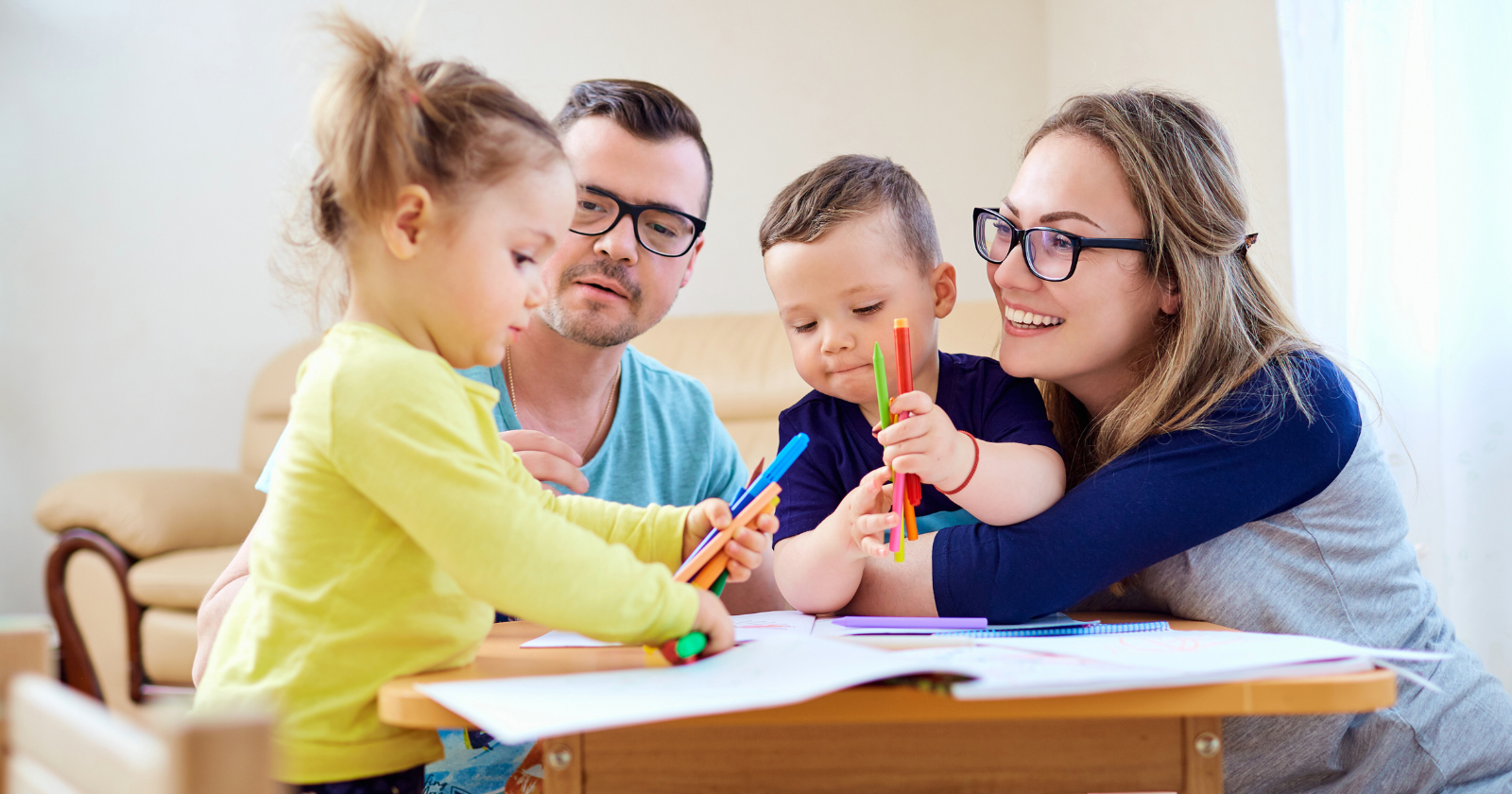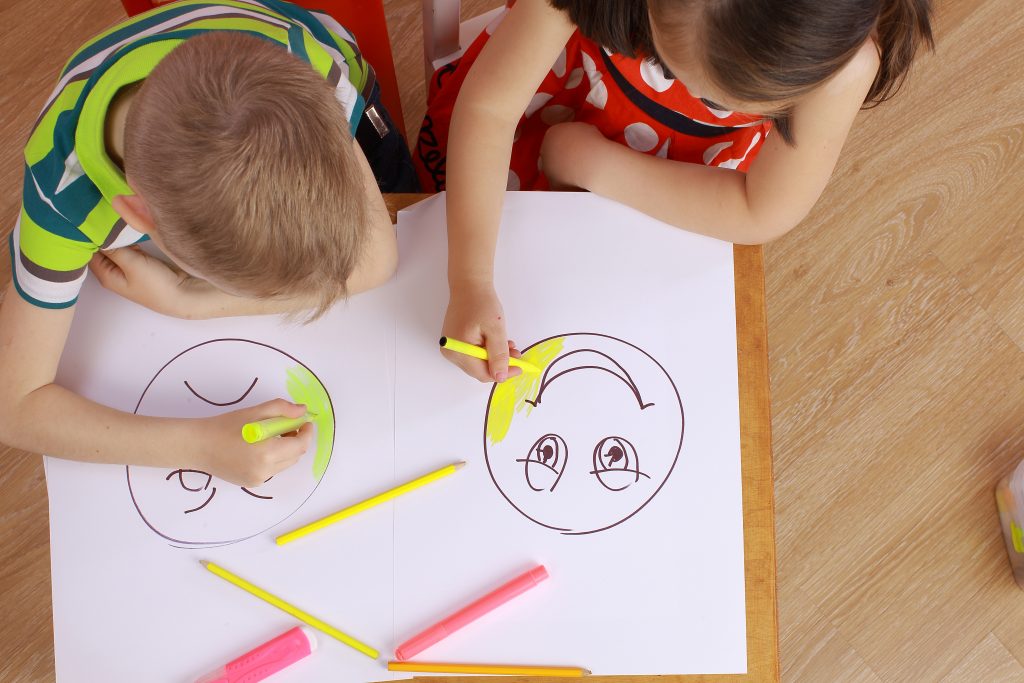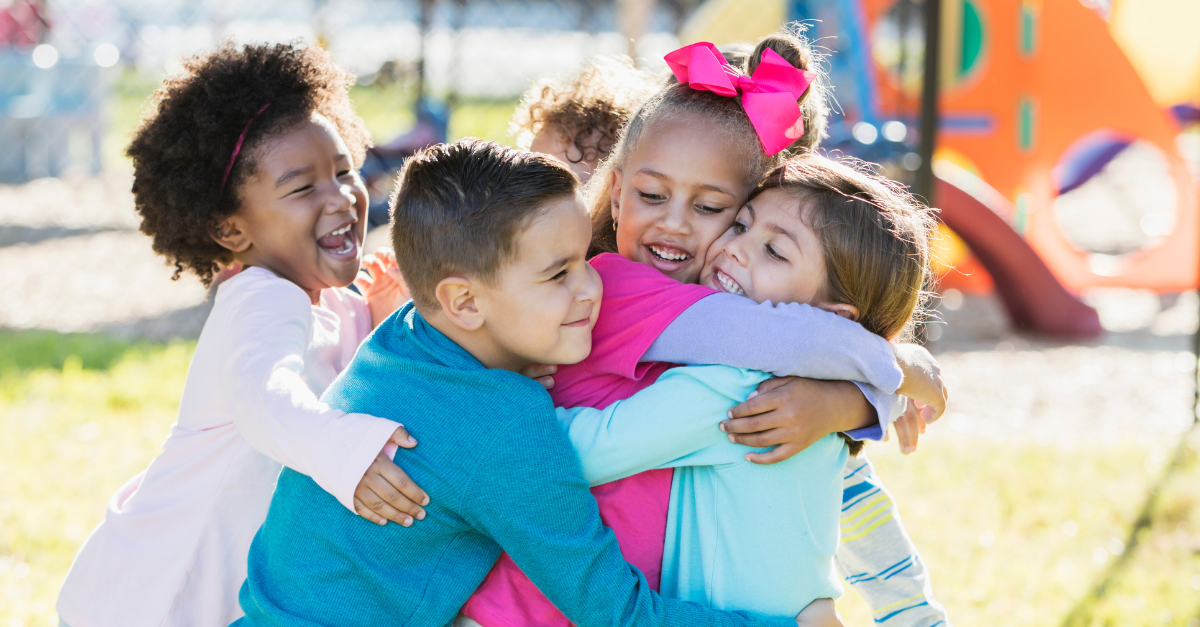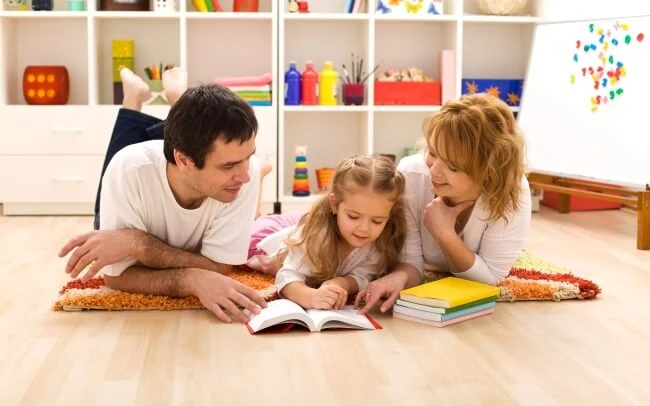10 Best Strategies to Boost Childhood Emotional Intelligence
To boost your child’s emotional intelligence, encourage open communication, teach problem-solving, foster emotional awareness, practice empathy, promote positive self-talk, support social skills, encourage mindfulness, model healthy expression, and provide a nurturing environment. Creating a safe space for sharing feelings, developing problem-solving skills, and practicing empathy are crucial. Cultivating self-awareness, positive affirmations, communication, and mindfulness activities also play essential roles. Remember, nurturing emotional intelligence is a journey that involves various strategies to guide your child towards emotional understanding and resilience.
Key Takeaways
- Encourage emotional expression and open communication to build emotional intelligence.
- Develop problem-solving skills through teamwork and critical thinking exercises.
- Foster empathy and understanding by promoting active listening and compassion.
- Cultivate positive self-talk and optimism to boost self-esteem.
- Teach emotional regulation techniques and mindfulness practices for self-awareness.
Encourage Open Communication

Encourage your child to express their thoughts and feelings openly to help cultivate their emotional intelligence. Creating a safe space where your child feels comfortable sharing their emotions is vital for their development. Practice active listening when your child talks to you, showing them that their feelings are valued and respected. By actively engaging in conversations with your child, you aren’t only fostering trust but also teaching them the importance of expressing themselves.
Building trust with your child is essential for promoting open communication. When your child feels secure in their relationship with you, they’re more likely to confide in you about their thoughts and emotions. This trust-building process involves being reliable, supportive, and understanding towards your child. By consistently demonstrating that you’re there for them, you’re establishing a foundation of trust that encourages them to open up to you.
Teach Problem-Solving Skills
To further enhance your child’s emotional intelligence, guide them in developing problem-solving skills that will empower them to navigate challenging situations with confidence and resilience.
Engaging your child in problem-solving games and critical thinking tasks can be a fun and effective way to boost their emotional intelligence. These activities not only stimulate their cognitive abilities but also help them learn how to approach problems in a structured and practical manner.
Consider incorporating teamwork exercises into their routine to foster collaboration and communication skills. Working together with others on problem-solving tasks can teach your child the value of cooperation and collective problem-solving.
Additionally, providing them with emotional intelligence worksheets can aid in developing their self-awareness and empathy towards others.
Encouraging your child to tackle problems independently while also knowing when to seek help from others is an essential aspect of building their emotional intelligence. By teaching them how to effectively solve problems, you’re equipping them with vital skills that will benefit them throughout their lives.
Foster Emotional Awareness

Developing emotional awareness in children is essential for their overall well-being and social development. One effective way to foster emotional awareness is through emotional journaling. Encourage your child to write or draw about their feelings, helping them recognize and understand their emotions better.
Group therapy can also be beneficial in enhancing emotional awareness. It provides a safe space for children to express themselves, learn from others, and develop empathy towards different emotions and perspectives.
Art therapy is another powerful tool that allows children to explore and communicate their emotions through creative expression.
Mindfulness exercises are great for helping children become more aware of their emotions in the present moment. Activities like deep breathing, guided imagery, or simply focusing on their senses can help children tune into their feelings and reactions.
Practice Empathy and Understanding
To better understand and connect with others, helping your child practice empathy and understanding is key to their emotional intelligence development. Encouraging active listening and compassion towards others allows children to truly engage with different perspectives and emotions. By actively listening to others without judgment, children can develop a sense of emotional understanding and learn to appreciate the feelings of those around them.
Teaching your child to practice empathy involves more than just recognizing emotions; it also involves perspective taking. Encourage your child to imagine themselves in someone else’s shoes, considering how the other person might feel or what they might be going through. This exercise helps children develop a deeper understanding of others’ emotions and experiences, fostering a more compassionate and empathetic outlook.
Promote Positive Self-Talk

Encourage your child to cultivate a habit of positive self-talk to enhance their emotional intelligence and well-being. Positive affirmations play an important role in building your child’s inner strengths and fostering a positive mindset. By promoting positive self-talk, you can help your child develop a more optimistic outlook on challenging situations and boost their self-esteem.
Encouraging your child to use phrases like ‘I can do this,’ ‘I am capable,’ or ‘I am resilient’ can instill a sense of confidence and empowerment. By incorporating these affirmations into their daily routine, your child can learn to combat negative thoughts and self-doubt effectively.
Remind your child of their inner strengths and unique qualities during moments of difficulty. Encourage them to acknowledge their accomplishments and celebrate their progress, no matter how small. By consistently reinforcing positive self-talk, you can help your child navigate emotions, build resilience, and cultivate a healthy self-image.
Cultivate Emotional Regulation Techniques
To better equip your child with essential skills for managing their emotions effectively, introduce them to practical techniques designed to cultivate emotional regulation. Emotional regulation exercises can help your child understand and control their feelings in a healthy way. Encourage mindfulness activities such as deep breathing or grounding exercises to bring awareness to their emotions. These practices can teach your child coping mechanisms to handle challenging situations with composure.
Self-awareness techniques play an important role in emotional regulation. Help your child identify their emotions by labeling them and discussing what triggers these feelings. This awareness can empower them to manage their reactions more effectively. Encourage your child to express their emotions openly and provide them with a safe space to do so.
Support Social Skills Development
Let’s chat about boosting your child’s social skills.
Trying out role-playing games can help them understand empathy better.
Fun friendship-building activities can enhance their social interactions.
Practicing conflict resolution skills early on can also equip them with tools to navigate tricky social situations with confidence.

Role-Playing for Empathy
Engaging in role-playing activities can greatly enhance a child’s ability to empathize with others and develop essential social skills. Role playing exercises offer a safe and interactive way for children to step into different perspectives, understand emotions, and practice responding with empathy.
Through these activities, children can learn to recognize facial expressions, body language, and tone of voice, which are vital aspects of empathy development.
By pretending to be in someone else’s shoes during role-playing scenarios, children can explore diverse situations and emotions, fostering a deeper understanding of others’ feelings and needs. This hands-on approach not only cultivates empathy but also improves communication and problem-solving skills.
Encouraging children to engage in role-playing activities with peers or adults can further enhance their social awareness and emotional intelligence.
Incorporating role-playing into a child’s routine can be a fun and effective way to support their social and emotional growth. Whether it’s acting out different scenarios or taking on various roles, role-playing for empathy can be a powerful tool in helping children build meaningful connections and navigate social interactions with compassion and understanding.
Friendship-Building Activities
Participating in friendship-building activities can greatly enhance your child’s social skills development and foster meaningful connections with others. Team building exercises, such as group games or collaborative projects, provide opportunities for your child to work together with peers, learn to communicate effectively, and practice problem-solving skills. These activities encourage cooperation and empathy, essential components of building strong friendships.
Trust exercises are another valuable tool for enhancing social skills. By engaging in activities that require trust, like blindfolded partner walks or sharing personal stories in a safe space, your child learns the importance of reliability and vulnerability in friendships. These exercises help cultivate a sense of mutual respect and understanding among peers, laying the foundation for lasting and supportive relationships.
Encourage your child to participate in team building and trust exercises regularly to strengthen their social skills and deepen their connections with others. These activities provide valuable lessons in collaboration, communication, and empathy, all of which are essential for building healthy and fulfilling friendships.
Conflict Resolution Practice
To support the development of your child’s social skills, engaging in conflict resolution practice is essential for fostering healthy interactions and relationships. Conflict is a natural part of life, and learning how to navigate disagreements constructively is an important skill that will benefit your child in various aspects of their life.
By teaching your child mediation techniques and conflict resolution strategies, you empower them to address conflicts in a positive and effective manner.
Encouraging active listening is key in conflict resolution. Teach your child to listen attentively to the other person’s perspective without interrupting. This practice promotes understanding and empathy, laying the groundwork for finding common ground and resolving conflicts peacefully.
Additionally, instilling compromise strategies early on helps your child learn the art of give-and-take, fostering cooperation and harmony in their relationships.
Encourage Mindfulness Practices

To boost your child’s emotional intelligence, incorporating mindfulness practices like mindful breathing techniques and daily gratitude practice can make a significant impact.
Mindful breathing can help them handle stress and emotions, while a gratitude practice can foster a positive outlook and enhance empathy.
These simple yet powerful tools can support your child in managing their feelings and developing a deeper understanding of themselves and others.
Mindful Breathing Techniques
Engage in mindful breathing techniques to cultivate awareness and enhance emotional intelligence in children. By introducing breath awareness and relaxation exercises into a child’s routine, you can help them develop essential skills for understanding and managing their emotions effectively.
Encouraging children to focus on their breath can be a powerful tool in teaching them to regulate their feelings. Start by finding a quiet space where your child can sit comfortably. Guide them to take deep breaths, feeling the air entering and leaving their bodies. This simple practice can help them become more attuned to their emotions and reactions.
Incorporating relaxation exercises such as deep belly breathing or counting breaths can also aid in calming an overwhelmed mind. Encourage your child to take a moment whenever they feel stressed or anxious to practice these techniques. Over time, they’ll learn to use their breath as a tool to center themselves and navigate challenging emotions with greater ease.
Daily Gratitude Practice
Encouraging your child to practice daily gratitude can foster mindfulness and enhance their emotional intelligence. By incorporating gratitude journaling into their routine, your child can develop a deeper appreciation for the positive aspects of their life. Encourage them to jot down a few things they’re grateful for each day, fostering a habit of reflection and thankfulness.
Family discussions centered around gratitude can also be beneficial. Take time each day to share what you’re grateful for, and encourage your child to do the same. This practice not only strengthens family bonds but also helps your child recognize the abundance of positivity in their life.
Engaging in daily reflections and gratitude exercises can help your child cultivate a positive outlook and enhance their emotional well-being. Encourage them to express gratitude for both big and small things, fostering a sense of appreciation and mindfulness in their daily life.
Model Healthy Emotional Expression

Demonstrate healthy emotional expression by openly acknowledging and discussing your feelings with your child. Parental modeling plays an essential role in shaping a child’s emotional health. By openly sharing your emotions in a healthy manner, you teach your child the importance of understanding and expressing feelings effectively.
Healthy communication is key to promoting emotional well-being in children. When you model healthy emotional expression, you show your child that it’s okay to feel and express emotions.
Encourage open dialogue where both you and your child can share how you feel without judgment. By doing so, you create a safe space for your child to express themselves authentically.
Provide a Safe and Nurturing Environment
Creating a safe and nurturing environment is vital for fostering your child’s emotional intelligence and overall well-being. Your child needs a safe space where they feel secure to express their thoughts and emotions without fear of judgment. This environment should be free of hostility and full of love, support, and understanding.
To provide a nurturing environment, make sure that you listen actively to your child, validate their feelings, and offer comfort when they need it. Show empathy and compassion, teaching them that their emotions are valid and important. Encourage open communication and create opportunities for bonding activities that strengthen your relationship.
Model healthy boundaries and respect within the household, demonstrating how to handle conflicts peacefully and constructively. By providing a safe and nurturing environment, you’re setting the stage for your child to develop emotional resilience, empathy, and a positive self-image.
Frequently Asked Questions
How Can I Help My Child Cope With Social Rejection?
When your child faces social rejection, offer comfort and support. Encourage building resilience through open conversations, sharing your own experiences, and promoting friendships and empathy. Help them see rejection as a learning opportunity.
What Age Should I Start Teaching Emotional Regulation?
Start teaching emotional regulation early to help your child develop essential skills. By focusing on building resilience and self-regulation from a young age, you can empower them to navigate challenges and manage emotions effectively.
Can Siblings Play a Role in Developing Emotional Intelligence?
Yes, siblings can play an essential role in developing emotional intelligence. Through sibling dynamics and shared experiences, children learn empathy, conflict resolution, and communication skills. These interactions contribute greatly to their emotional growth and understanding of others.
How Do I Address My Child’s Fear of Failure?
Address your child’s fear of failure by building resilience through positive reinforcement. Encourage them to see setbacks as opportunities to learn and grow. Show unconditional support and praise efforts rather than just outcomes.
What Are Some Creative Ways to Encourage Mindfulness in Children?
To encourage mindfulness in children, try fun mindfulness activities like emotional regulation games. Engage them in creative expression through art or music. Practice mindful breathing techniques together to help them stay present and calm.
Conclusion
To sum up, by implementing these 10 strategies to boost childhood emotional intelligence, you can help your child develop the necessary skills to navigate their emotions and relationships effectively.
Encouraging open communication, teaching problem-solving skills, and fostering empathy are just a few ways to support your child’s emotional growth.
Remember, creating a safe and nurturing environment for your child to express themselves is key to helping them thrive emotionally.
Keep up the great work!

Hey there! 👋 I’m a proud mom and passionate writer, sharing my parenting journey. 📝 Join me as I navigate the ups and downs of motherhood, offering tips, advice, and a sprinkle of humor along the way. 🌟







